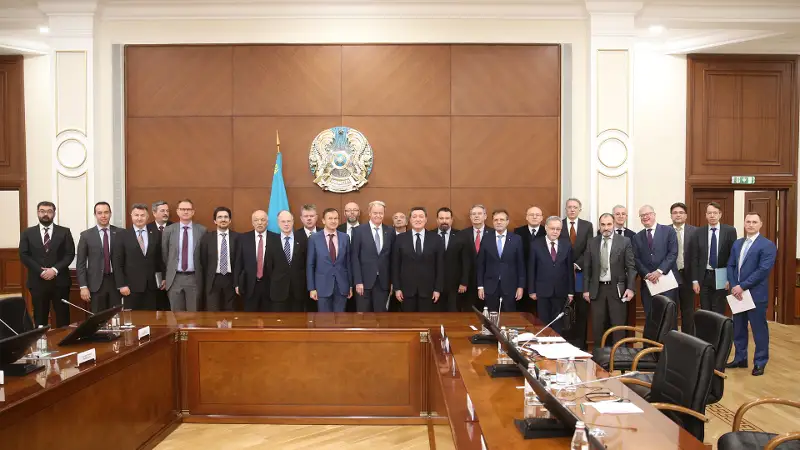4th EU-Kazakhstan High-Level Business Platform focusses on partnership agreement, investment climate

The event brought together business representatives and EU Heads of Mission led by the EU Ambassador to the Republic of Kazakhstan, Sven-Olov Carlsson.
Ambassador Carlsson welcomed the forthcoming full entry into force on 1 March of the EU-Kazakhstan Enhanced Partnership and Cooperation Agreement (EPCA). It covers cooperation in 29 areas, including trade, investment, innovation, and infrastructure development. The entry into force of the EPCA will provide a fresh momentum to our strategic cooperation. We should seize it to address the remaining barriers to our trade, investment and businesses, the official website of the EU Delegation to Kazakhstan reads.
Participants discussed investment climate and rule of law issues, including taxation and compliance with agreements, rules and regulations. Three meetings of the High-Level Business Platform took place in 2019.
The EU is Kazakhstan's first trading partner and represents more than half of foreign direct investment in Kazakhstan. With the EPCA, the EU and Kazakhstan have developed a framework for further strengthening trade and economic relations. The EU supports Kazakhstan's ambitious reform and modernisation processes, including the improvement of the business climate.
The Platform of dialogue at high level complements the technical dialogue between the EU and Kazakhstan within EPCA, in particular the Cooperation Committee in Trade Configuration.
Background Information
The EU-Kazakhstan Enhanced Partnership and Cooperation Agreement, signed in Nur-Sultan on 21 December 2015 and entering into force since 1 March 2020, aims at creating a better regulatory environment for businesses in areas such as trade in services, establishment and operation of companies, capital movements, raw materials and energy, intellectual property rights. It is a tool of regulatory convergence between Kazakhstan and the EU, with some «WTO plus» provisions, notably on public procurement.
